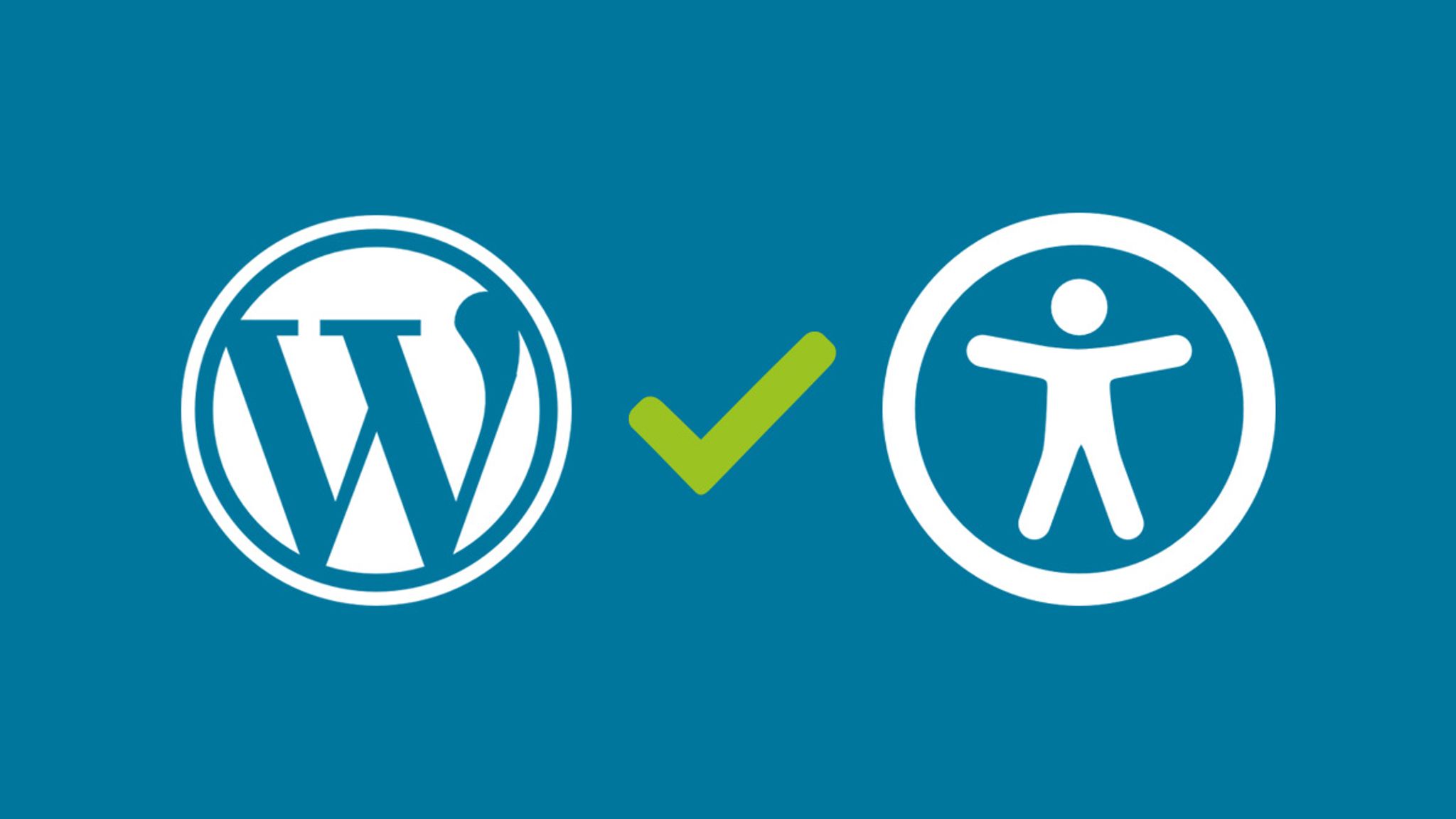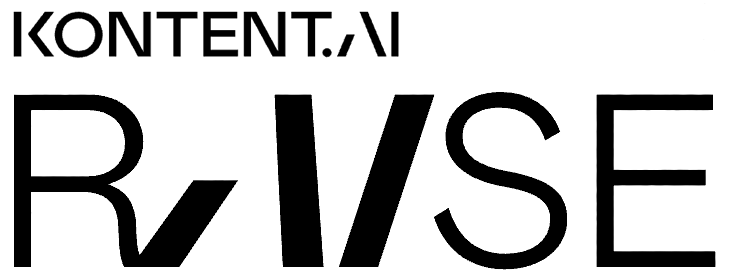The Complete WordPress Accessibility Checklist for 2026

Accessibility should be a central focus for every website, including those powered by WordPress. There are lots of tools that promise instant solutions, but often miss the mark. Here's a quick refresher on what to pay attention to, so you can ensure your experiences are inclusive next year – and beyond.
Ran Ronen is co-founder and CEO at Equally AI and a CMS Critic contributor.
WordPress powers over 43% of the web, making it the most influential platform in shaping how people experience digital content. That scale carries great responsibility because when accessibility is overlooked, millions of users are shut out from the information, services, and communities they rely on. And with the European Accessibility Act (EAA) fully enforced, rising ADA lawsuits, and customer demand for accessible websites by default, the stakes are about to get much higher.
Yet too many site owners still rely on “quick fixes” like free plugins, widget overlays, and AI tools that promise instant compliance. These don’t just fail; they often worsen accessibility and put a legal target on your site.
WordPress accessibility isn’t a bolt-on feature. It starts with the basics: accessible themes, vetted plugins, and continuous testing. This checklist shows where most WordPress sites fail, and practical steps to make them accessible, compliant, and future-proof.
1. Start with an accessible theme
Your WordPress theme defines not just how your site looks, but how people can use it. A poorly built theme can block screen reader users, break keyboard navigation, and make entire sections of your site inaccessible. Even worse, if you don’t own or control the theme, a single update can undo any accessibility fixes you’ve made.
The WordPress repository includes an “Accessibility Ready” tag for themes like Twenty Twenty-Four, Mayland, and Arbutus, signaling support for basics such as skip links, keyboard navigation, and ARIA landmarks. But this tag isn’t a guarantee of full accessibility. Many themes still fail with issues like missing focus indicators, skipped or misused headings, non-semantic markup, and custom menus that break keyboard navigation.
To avoid these issues:
- Choose a modern, accessibility-ready theme, but never assume the label equals compliance. Always test it with a keyboard and a screen reader before launch.
- Keep all accessibility tweaks in a child theme, and document them so they aren’t lost in future updates.
- If your theme isn’t accessible and you can’t replace or control it, I’d highly recommend using an AI-powered accessibility widget to automatically resolve recurring issues after updates.
2. Choose accessible plugins and page builders wisely
Plugins and page builders power WordPress’s flexibility, but they’re also a major source of accessibility failures, especially in critical user flows like navigation, forms, and checkouts. Common issues include missing labels or error messages in Contact Form 7, WooCommerce galleries that block keyboard use, cookie banners that trap focus, SEO org gallery plugins that override alt text, and CAPTCHAs without accessible alternatives.
Page builders such as Elementor, Divi, and WPBakery add another layer of risk, generating deeply nested, non-semantic code, styling headings visually instead of coding them correctly, exposing decorative icons to screen readers, and shipping sliders or carousels that ignore focus and keyboard controls.
Best practices for managing plugins and builders on WordPress include:
- Auditing plugins and page builders before use, especially those tied to navigation, media, or forms.
- Testing with a keyboard and a screen reader to confirm all interactions work.
- Choosing lightweight, well-maintained plugins over bloated feature packs.
- Re-testing critical flows like signups, checkouts, and bookings after every update.
3. Structure content semantically
WordPress’s block editor, Gutenberg, was designed to make content more semantic, but users leverage it more like a design tool – stacking Paragraph blocks instead of using headings, pasting lists as plain text, or using Custom Post Types that output raw divs. The result may look fine visually, but it’s often unreadable to screen readers. This mostly happens in blog posts and WooCommerce product descriptions, where non-technical authors ignore the hierarchy tools.
To keep content accessible in the WordPress Gutenberg block editor, follow these tips. Some of this might seem basic, but it's always a good refresher:
- Use one h1 for the page title, then structure sections with h2 and h3 (Gutenberg’s Outline panel makes this easy to check).
- Convert bullet points into List blocks and numbered steps into Ordered List blocks for proper ul and ol markup.
- Don’t use Paragraph blocks in place of headings or lists.
- For Advanced Custom Fields (ACF) and other Custom Post Types, configure fields to output semantic HTML, and audit with the WP Accessibility plugin.
4. Fix WordPress navigation flaws
Navigation is a frequent failure point. Out-of-the-box blog archives often generate dozens of identical “Read More” links that screen readers announce in sequence without context, forcing users to guess their destination. Custom menu walkers can also break keyboard navigation, and some themes strip landmarks like main or nav, and inconsistent footers or sidebars often disorient screen reader users.
Some helpful tips for addressing navigation in WordPress:
- Replace “Read More” with descriptive links (e.g., Read more about [Post Title]). The link text should be concise but informative.
- Add skip links in headers so users can jump directly to content.
- Ensure main, nav, and footer landmarks appear in all templates.
- Keep menus, sidebars, and footers consistent across the site.
- Check custom menu walkers for keyboard support and visible focus states.
5. Test and monitor continuously
Accessibility isn’t a one-and-done task. It’s a continuous process because WordPress sites evolve constantly, and every change carries the risk of introducing new issues. To maintain accessibility over time:
- Start by running an automated scan using WAVE (it’s one of the most popular accessibility testing tools). Install the Chrome extension, scan your site’s key pages, fix every flagged error, and aim for a zero-error score as a baseline.
- Go further with manual testing: try navigating your entire site using only a keyboard (no mouse) to confirm all interactive elements work, navigation is logical, and there is a visible focus ring on each element.
- Integrate accessibility into publishing and QA workflows. Re-test after updates, redesigns, and content changes to avoid regression
Looking Ahead
The WordPress community continues to advance accessibility, with improvements in Gutenberg and ongoing collaboration through initiatives like WP Accessibility Day. At the same time, global standards are evolving, with WCAG 3.0 on the horizon and regulators already enforcing stricter expectations through the EAA and ADA.
The reality is that accessibility will increasingly be written into client contracts, RFPs, and agency deliverables as a baseline requirement. For WordPress site owners, this means accessibility isn’t just about avoiding lawsuits, it’s about ensuring your site is usable by everyone – and keeping pace with how the web itself is changing.
Upcoming Events

Storyblok JoyConf 2025
November 4, 2025 – New York, NY
November 6, 2025 – Los Angeles, CA
Join us at JoyConf 2025, where the future of content meets the people shaping it. Built for developers, marketers, and digital innovators, this free conference goes way beyond product updates or yet another strategy playbook. It’s where you’ll get inspired, get real, and get connected – to ideas, to the community, and to what’s possible when you build joyfully. Whether you're building lightning-fast frontends or launching cross-channel campaigns, this is where content becomes connection and collaboration becomes second nature. Come for the talks. Stay for the community. Leave with joy. Save your spot.

Sitecore Symposium 2025
November 3-5, 2025 – Orlando, FL
At Sitecore Symposium, you’ll learn how to meet your customers where they are – across channels, moments, and touchpoints that didn’t exist a year ago. You’ll hear how the boldest brands in the world are transforming content into outcomes and creating experiences that are fast, relevant, and human. Join 1,500 marketers, digital leaders, and technologists in Orlando to see what’s possible when personalization scales, AI accelerates creativity, and trust becomes your competitive edge. This is the Third Wave of the Internet. And this is your moment to lead in it. Get your tickets today.

RAISE: Lifting Content into the Future with Agentic CMS
November 11, 2025 – London, UK
Join Kontent.ai at RAISE: Lifting Content into the Future with Agentic CMS, a premier free event for forward-thinking marketing and technology leaders shaping the way today’s most ambitious brands create and deliver content. Expect bold ideas, discover innovative strategies, engage with industry leaders, and gain insights that will lift your content strategy to new heights. At RAISE, you'll learn how to deliver faster, more engaging content experiences while AI does the busywork of audits, compliance, and localization with Agentic CMS, built to give you and your teams more time on creativity that matters. Reserve your seat today.

CMS Kickoff 2026
January 13-14, 2026 – St. Petersburg, FL
Meet industry leaders at our fourth annual CMS Kickoff – the industry's premier global CMS event. Similar to a traditional kickoff, we reflect on recent trends and share stories from the frontlines. Additionally, we will delve into the current happenings and shed light on the future. Prepare for an unparalleled in-person CMS conference experience that will equip you to move things forward. This is an exclusive event – space is limited, so secure your tickets today.
